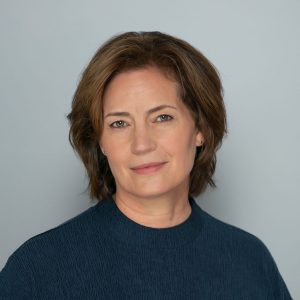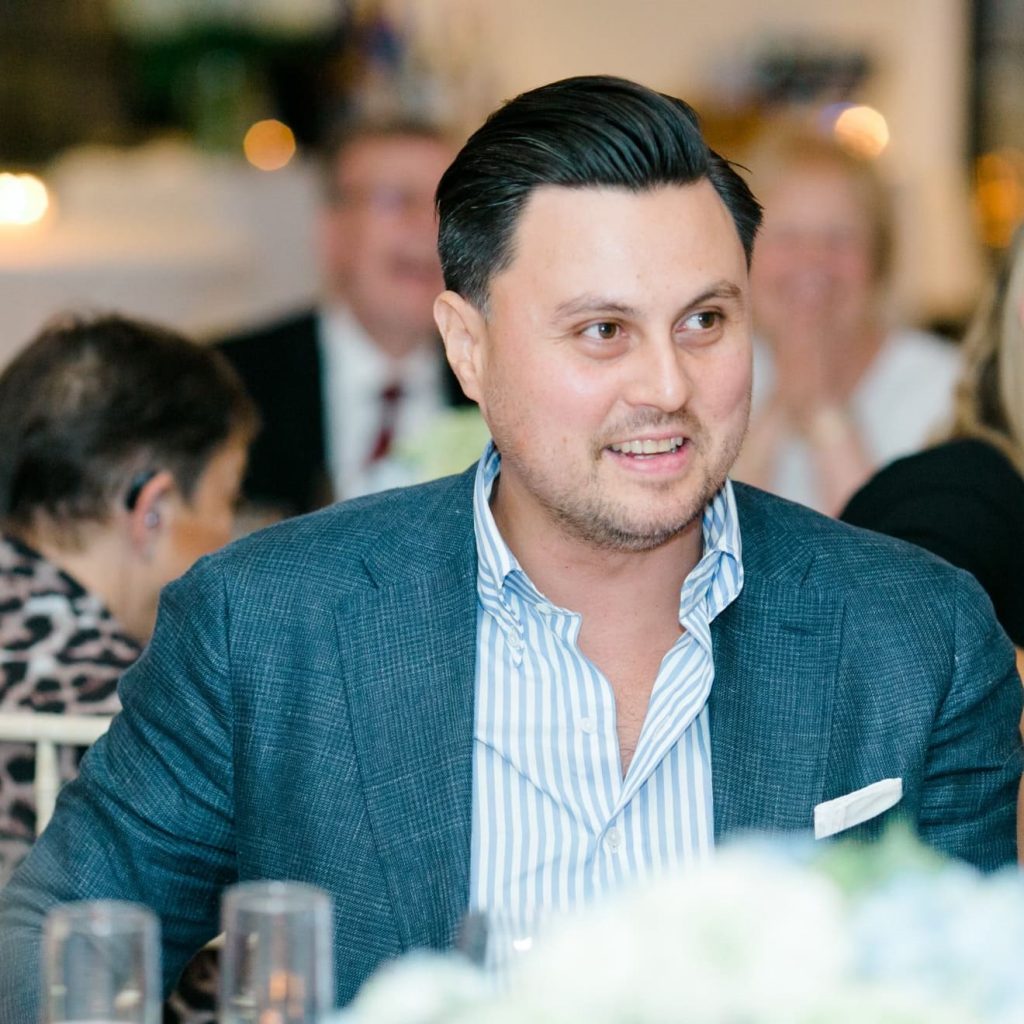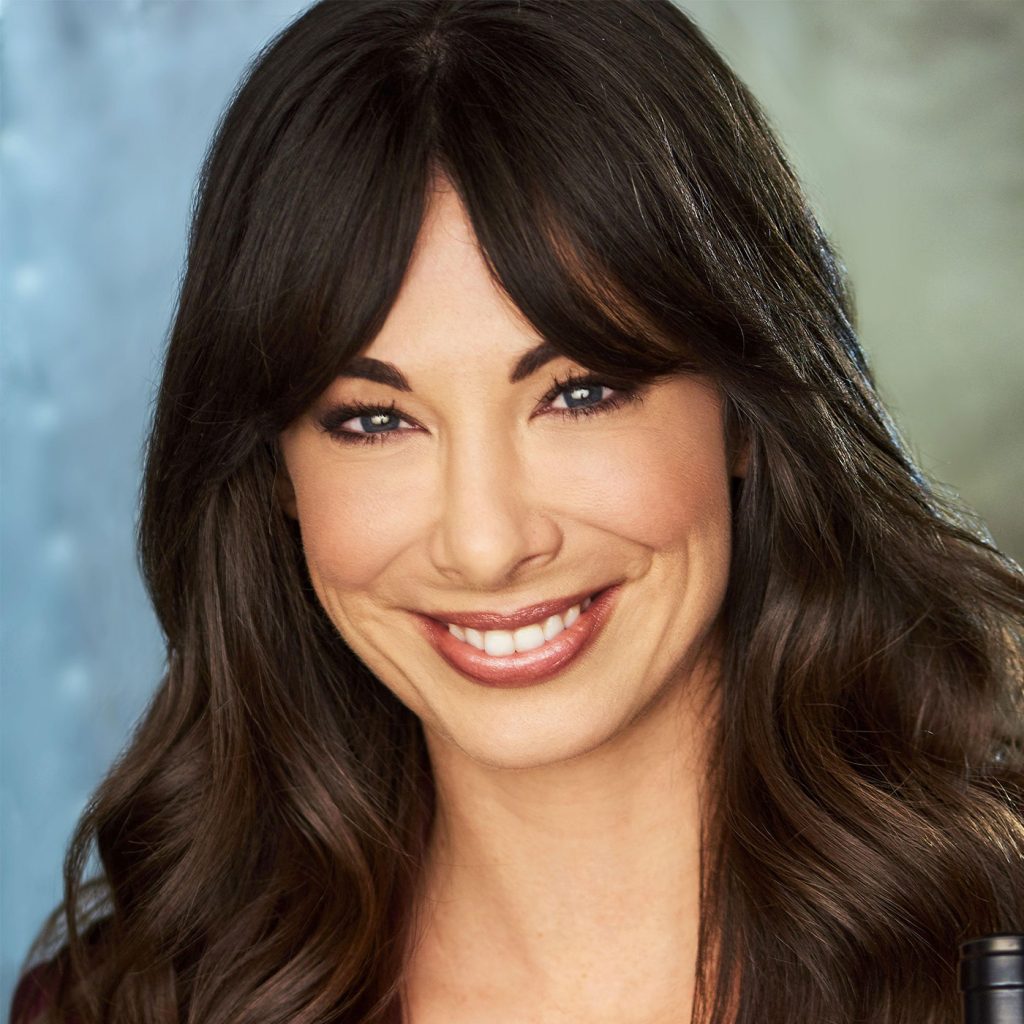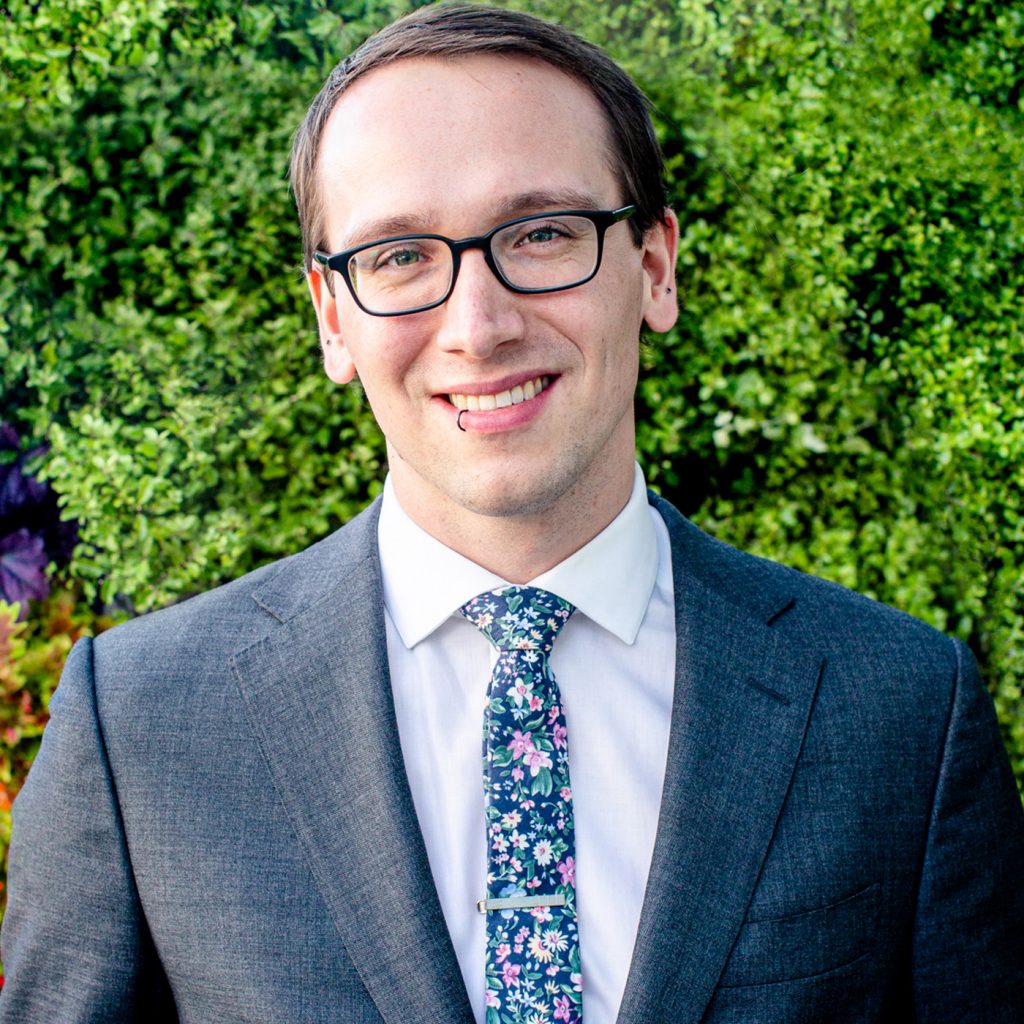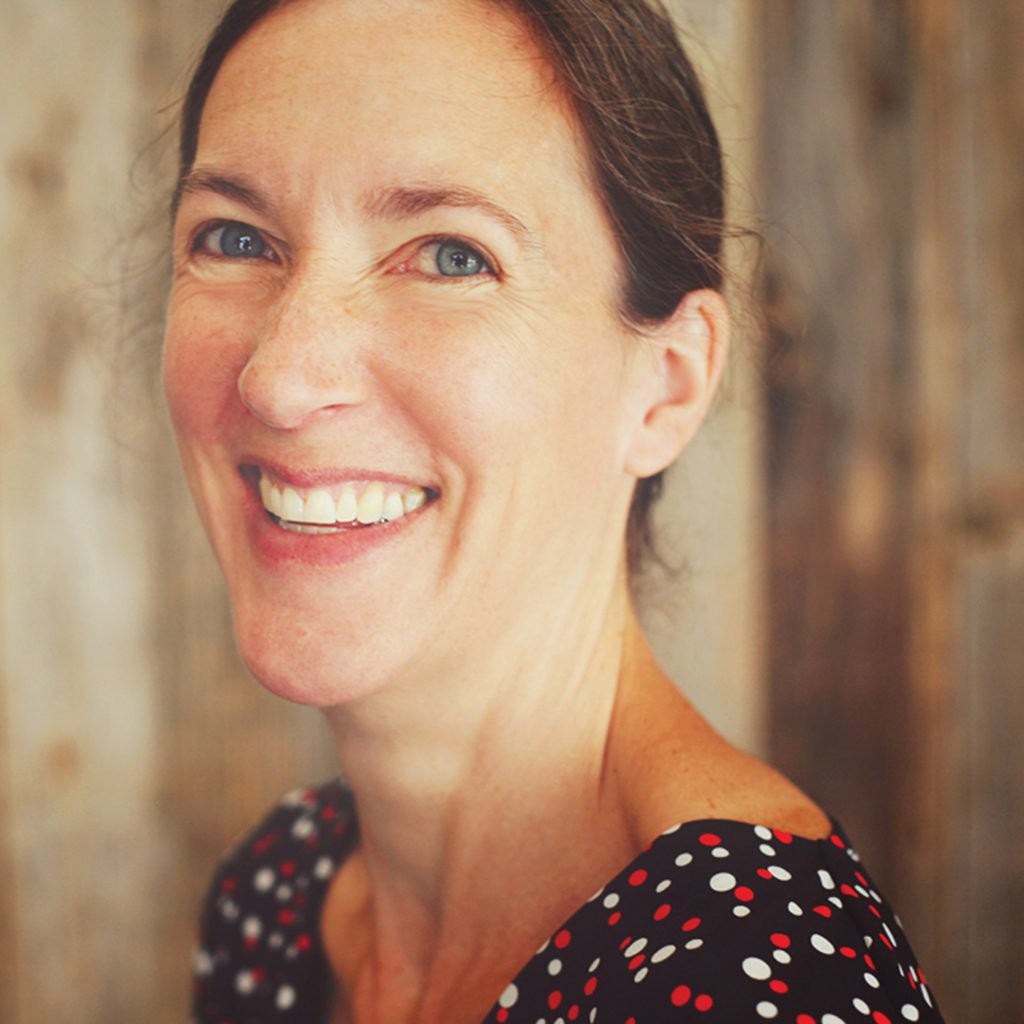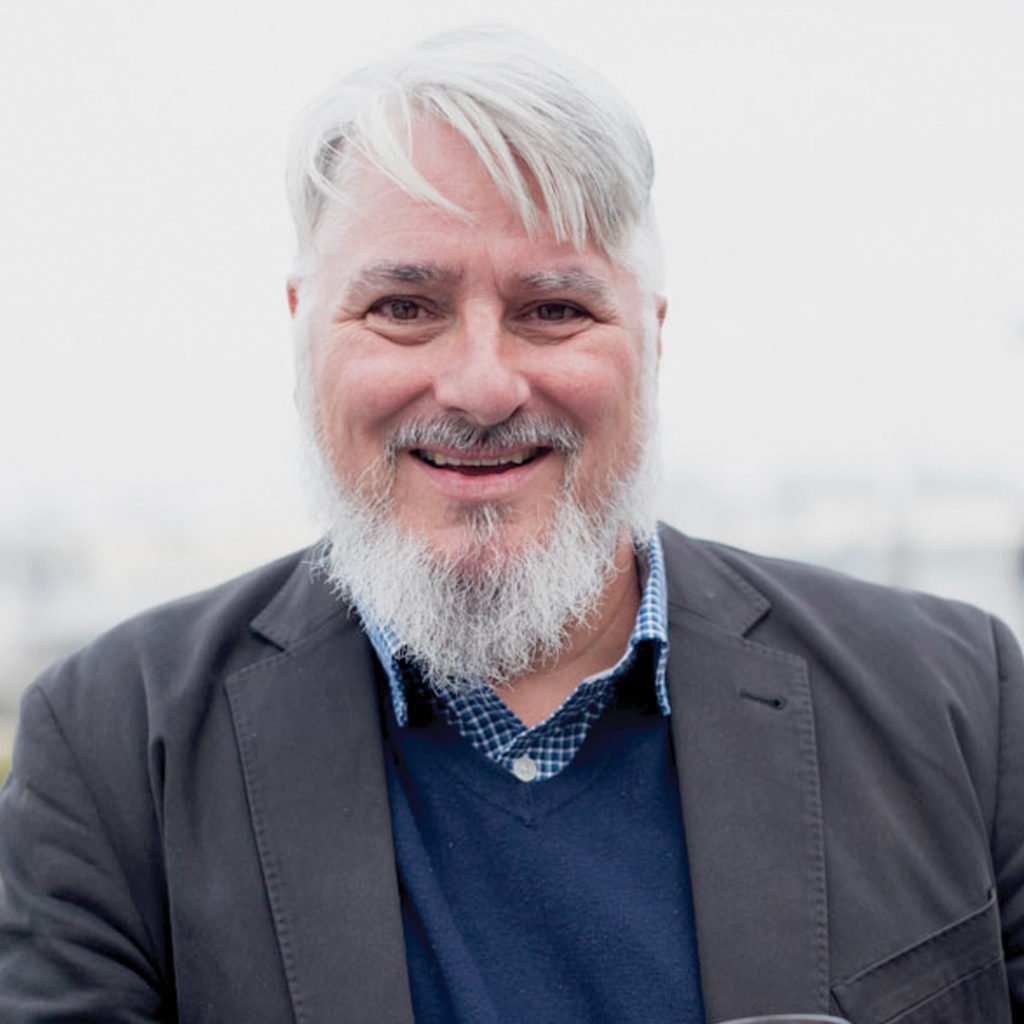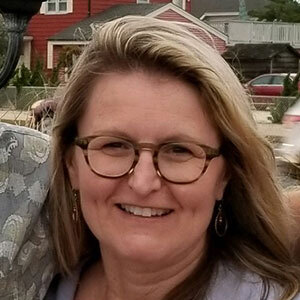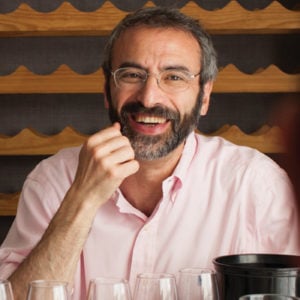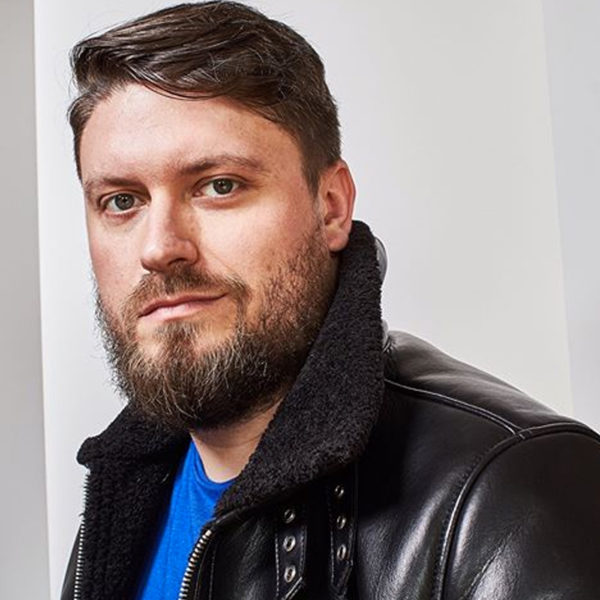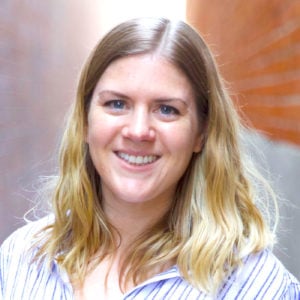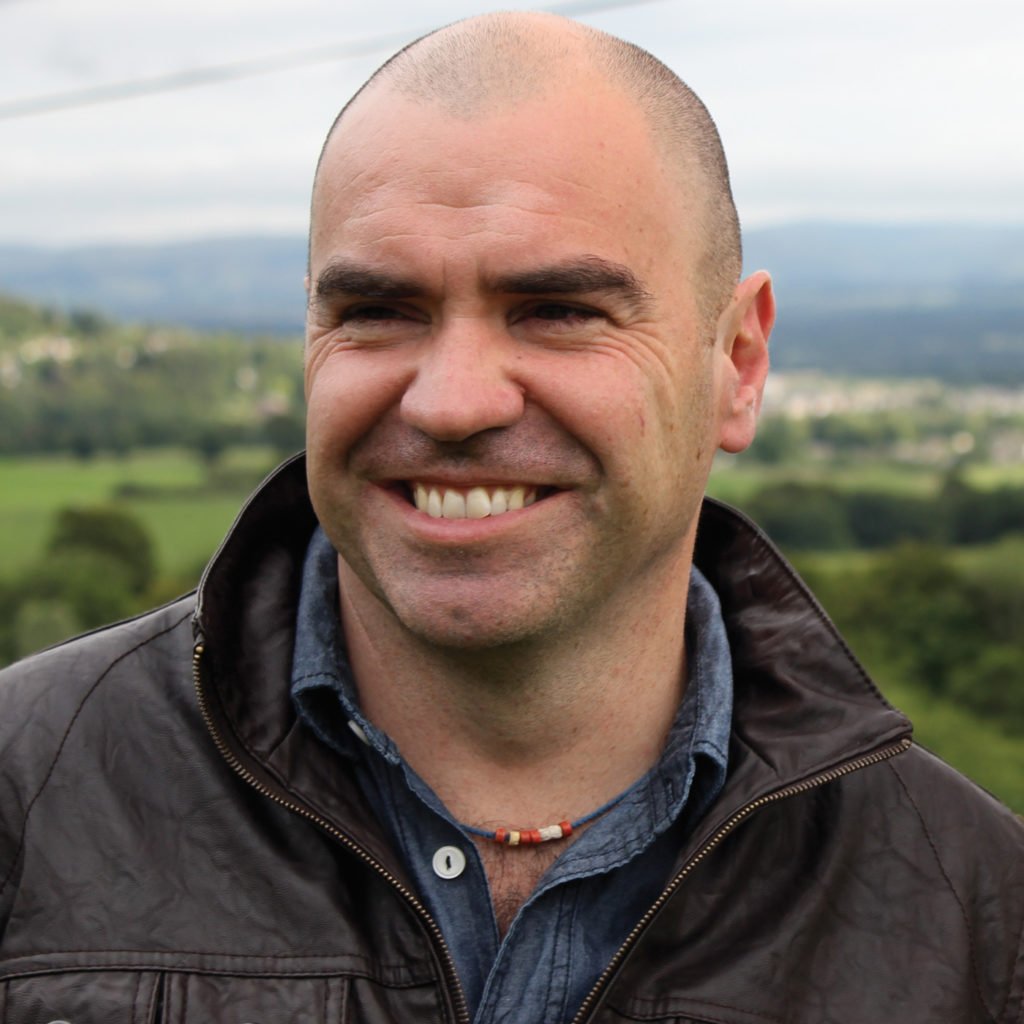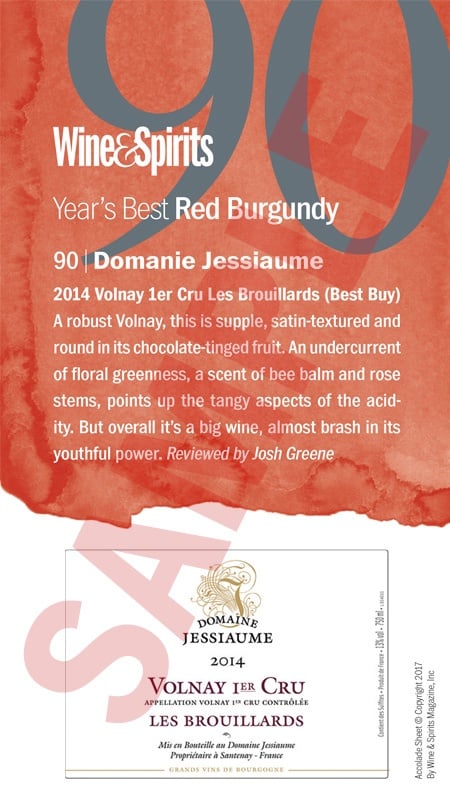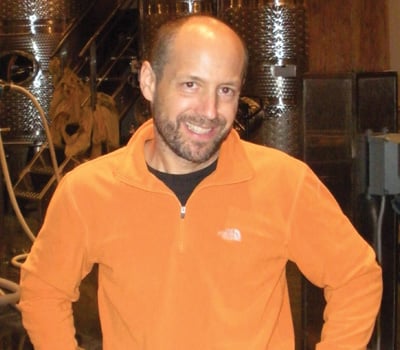

In recent years, city-dwelling vintners on both coasts have redefined the notion of “wine country”—in addition to bringing a finished agricultural product to market, their urban wineries are bringing the wine country experience directly to cities.
The idea of trucking grapes long distances to wineries is hardly new, of course, but this recent expansion comes at a time when vintner-entrepreneurs have begun to rethink the many large and unused warehouse spaces in cities.
It’s a trend that began more than a decade ago across the bay from San Francisco, in Berkeley and Oakland. There, Steve Edmunds of Edmunds St. John, Kent Rosenblum of Rosenblum Cellars, Mike Dashe of Dashe Cellars and Rosenblum-alum Jeff Cohn of JC Cellars have all set up medium-to large-scale wineries. Dashe and Cohn share a 16,000-square-foot warehouse space with a 4,000-square foot crushing and sorting area outside. “We’re relatively easy to get to from the north (Sonoma, Mendocino and Napa), from the east (Lodi and Amador) and from the south and west (Monterey, Santa Barbara, Paso Robles),” says Dashe. “Between the two wineries, we get grapes from all of these locations. Since we’re right off the freeway, it’s easy for drivers to get to and from the winery.”
The quality is generally higher on Bordeaux’s Right Bank than in the Médoc. The top estates here—Ausone, Cheval Blanc, La Fleur, Pétrus-made some excellent wines with pure red fruit character and a classic, somewhat austere backbone. While tannic, they remain very elegant. Bordeaux whites and the sweet wines of Sauternes and Barsac are also attractive, with pure, precise fruit flavors and excellent structure.
In San Francisco proper, there’s Crushpad, a custom-crush winery started by Michael Brill in 2004. Crushpad sources grapes from vineyards up and down the Pacific Coast and acts as a sort of winemaking consultant for urban dwellers eager to take a shot at making their own wine. Clients are as hands-on as they wish to be, and Crushpad will help clients launch their own brands.
City Winery’s Dorf is a veteran New York concert promoter and club owner, best known for starting the famed music venue, the Knitting Factory. Dorf says that part of the inspiration for City Winery came from a visit to Crushpad, but an equal part came from his background in the music industry: “I thought [Crushpad] was a great idea but I also wanted to put on a concert there.”
Dorf’s space reflects the realities of the Manhattan real estate market. “You can’t just be a winery; you need to do more with the space,” he says, explaining that the margin is more on the experience than on the winery. So, in addition to the working winery, the space includes a wine bar, restaurant and entertainment stage. Unlike Bridge Winery, a small winery and tasting room in Brooklyn that makes most of its wine on Long Island, City Winery sources grapes from California, Oregon and New York’s Finger Lakes, and makes wine on the spot. Clients can then adopt barrels of wine which winemaker David Lecomte and his team can customize to their taste; like Crush-pad, the level of participation is up to the client. The winery will also release its own bottling to add to the list of 50 wines available by the glass at the wine bar.
And that stage? “It’s amazing, overbuilt,” says Dorf. “It’s bigger than the one we had at the Knitting Factory.” He’s planned a program of concerts and performances for 2009 with themes like “Comedy and Bordeaux” and “Philip Glass and Merlot”.
Back on the West Coast, a commercial winery is looking to open inside San Francisco’s city limits. Foggy Bridge, led by John Kontrabecki and winemaker Daryl Groom, will occupy a 1920s-era airplane hangar that abuts the Golden Gate Bridge at the western end of Crissy Field, part of San Francisco’s historic Presidio. Unlike City Winery and Crushpad, Foggy Bridge will be a conventional winery–although an exclusive club is planned that will allow members to participate in the production of their own 25-case lots. According to Groom, the winery itself will open in two phases in the next several months, followed by a tasting bar and café slated for February 2009.
“In the wine industry we have traditionally let the people come to the wine experience, so it’s nice to be able to bring the experience to the people,” says Groom. “And the technology is there, so there’s no reason you can’t do it.”
This story was featured in W&S December 2008.
Based in San Francisco, Wolfgang Weber was the Italian wine critic at W&S. He now works with the Revel Wine and Selection Massale, and continues to write freelance. Nebbiolo is his spirit grape but if he were to live anywhere in Italy, he’d choose Liguria.
This story appears in the print issue of December 2008.
Like what you read? Subscribe today.

